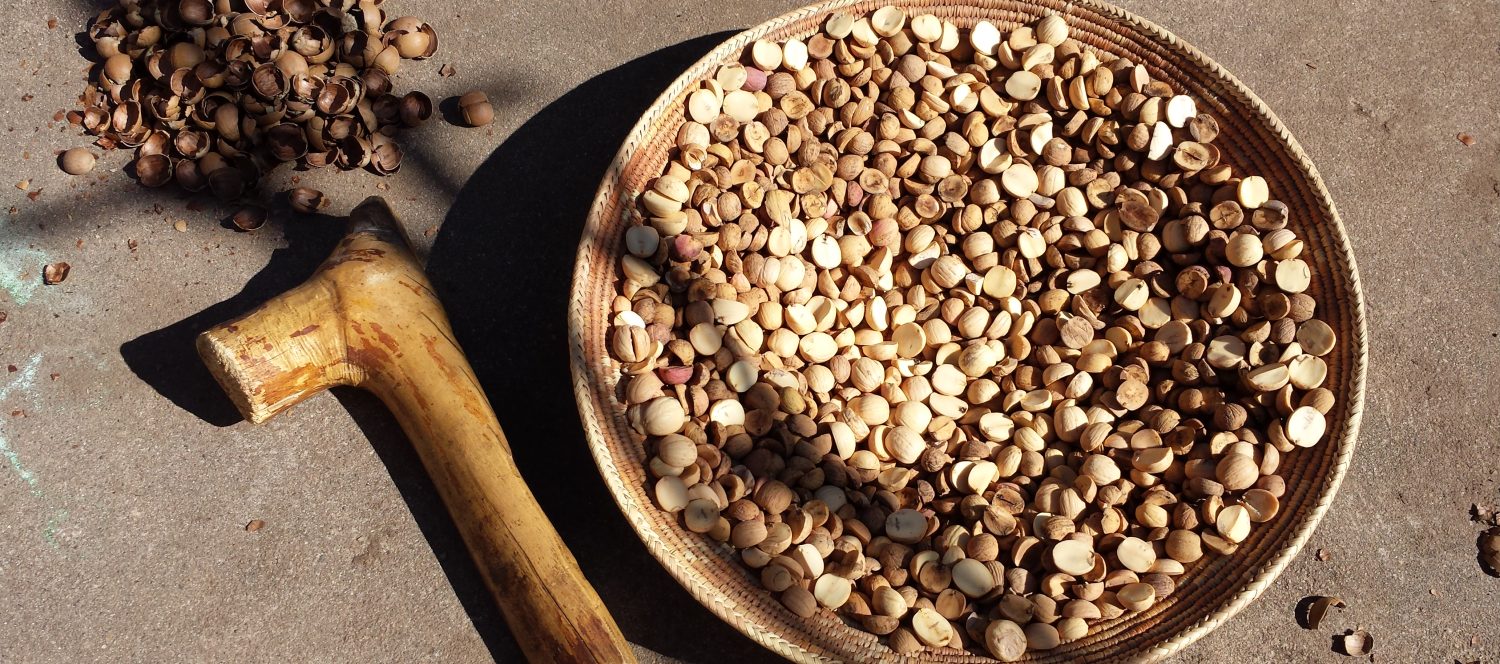The air in East Texas was so humid that a fish could breathe it. I know this because one time I left a catfish out for four long hours, as bait for a raccoon I was trying to catch. The raccoon never showed up and I’d grown quite fond of this fish, a big ole black mud cat which I’d named Tom. I put him in the cage in hopes of luring this ‘coon in. I propped the door open with a stick, tied a string to it and ran it about fifty feet away into some bushes where my friend Henry was not so quietly waiting, in broad daylight, for the ‘coon to come and eat.
The raccoon never showed up. He was probably taking a nice long nap while we waited out in the field where we saw his tracks everyday. But we didn’t mind it much, hiding in the shade of a bush on a hot summer day.
The field we were in was mostly sand, with a few scattered patches of tall grass and the occasional shrub, one of which we were hiding behind. There was a pond at the opposite side, and like everything in East Texas, the whole place was surrounded by trees. The Great Piney Woods, an ancient forest that stretches all the way to the Atlantic Ocean.
Anyway me and Henry were hiding in those bushes, watching that catfish breathe, watching clouds go by, trying to be still, trying to be quiet. In reality we were fidgeting and talking. Laughing and giggling. Telling stories in whispers that were louder than our talking voices.
For a while I held that string in a death grip, sure that out ‘coon would smell that catfish and come a runnin’. After about an hour or so that string just lay there on the ground and we took turns keeping watch.
Just when we were about ready to give it up and go home, a group of four little sandpipers appeared out of nowhere. They were running figure eights around us. Both me and Henry jumped up out of the bush and started chasing them.
Now sandpipers can fly, but they do so only as a last resort, preferring to run on their long spindly legs, like roadrunners, to which they are closely related. Henry focused in on the mother bird, and I was chasing one of the babies.
The bird gave a good run, and I wouldn’t have caught him if he hadn’t stopped. But he did stop and I reached down and picked him up and cradled him in my hands, like a nest. “Henry!” I yelled, “I caught one!”
As Henry came running over I looked down at that little bird in my hands and he looked back up at me with one big black eye. I couldn’t tell if he was scared of me or if I was scared of him.
I put the bird back down just as Henry showed up panting. “You can’t do that!” he said. “If you touch a baby bird it’s momma won’t feed it and it’ll die. Now you have to take it home and feed it and raise it yourself.”
“That bird can feed itself” I told him.
“I don’t know” said Henry, “I think you killed it.”
He adjusted his fish bowl glasses, he was blind without them, and wiped the sweat off his forehead. His straight black hair was cut short, and matted down to his head from the heat. The sandpipers were on the other side of the field by now, still running around and whistling their high pitched dee dee, dee, dee dee.
“Well, at least I can still save the catfish” I said.
I walked back over to the cage and took the catfish out, careful to hold him behind the fins. I could’ve sworn he was pleading with me for his life. I took him back to the pond and let him go. He swam off with a flick of his tail that splashed me in the face.

